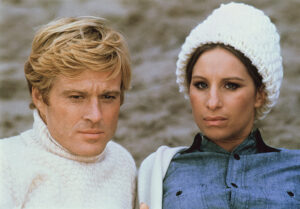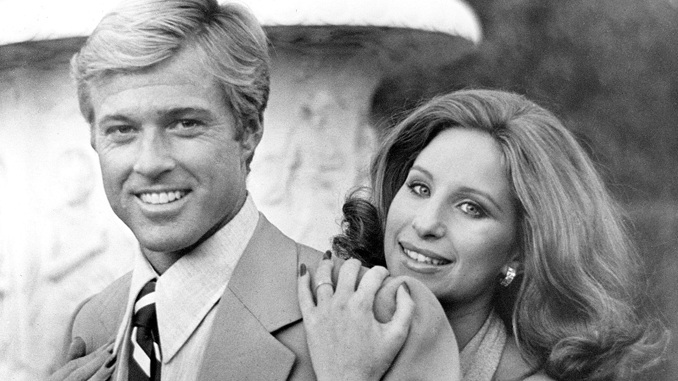by Judi French
The 1970s were years of change for me. I was pregnant with my first child and struggling with the decision to either give up a career that I had worked long and hard to achieve or subject my unborn child to a mother who could be gone more than not. Being hired as a story analyst at Lorimar Productions, I was able to fulfill my creative needs and still be a hands-on mom. My deal with Lorimar included my right to work at home three days a week, and bring my baby to the office. The only thing I had to give up was sleep! After all, I couldn’t go to the Mommy and Me Classes and do a breakdown and coverage on a thousand-page novel in 24 hours without sacrificing something.
I was determined that my daughter would never have to face the fear and prejudice I had to deal with because of my gender. If she wanted to be a doctor, then no one was going to tell her that women should consider nursing. I became active in the Women’s Movement, and was proud of every victory we achieved. Yet, beneath the successes was always an unspoken fear. One film, based on a book, changed my feeling of fear into one of resolve because of the strength and purpose of Katie, a character in The Way We Were.
The Way We Were is set in the 1930s and spreads itself out into the ‘40s and ‘50s. Despite the time difference, it resonated with what was going on in the world in 1973. Roe vs. Wade made abortion a constitutional right, a major success for women everywhere. The Watergate hearings were beginning with President Nixon telling the nation, “I am not a crook!” Because of the determination of people like Barbra Streisand’s character, Katie, the scandal was not swept under the rug. Katie became someone whom I wanted to emulate.
One film, based on a book, changed my feeling of fear into one of resolve because of the strength and purpose of Katie, a character in The Way We Were.
Hubbell, played by Robert Redford, and Katie first met in college where he was the Big Man on Campus, and she was the driving force behind the Young Communists Club. If there were ever two people living lives at opposite ends of the spectrum, it was Katie and Hubbell — and yet, years later, they reconnected and fell in love. In her eyes, he had a bright future as a novelist, in spite of the fact that his first book was a total dud. To him, she was a shining star in a world that had become jaded and lackluster.
When Hubbell wants to accept a screenwriting job that will take them to Hollywood, Katie pushes down her misgivings and agrees to the move. She makes a concentrated effort to fit into the glamorous, laid-back, Hollywood lifestyle and succeeds. But to her, this is a temporary situation. To him, Hollywood is a balm to a bruised ego that never healed from the beating the critics gave his first novel.
As the months pass, Katie is concerned by the growing danger the HUAC hearings are posing to the country. She doesn’t understand how the people they know can sit by and watch friends and colleagues be ruined by innuendos and lies. When the Hollywood Ten refuse to cooperate with the committee, they are blacklisted. Katie, along with like-minded activists, travels to Washington to protest the hearings. The scene at the train station when she and her group are returning to Hollywood is a powerful reminder of how easily the rights of citizens can be thrown away when fear has the country in its grasp.

The Way We Were. Columbia Pictures
When Katie discovers that Hubbell is having an affair with his old girlfriend, she admits that their marriage is over — despite the fact that she’s now pregnant with his child. Although he realizes that she is the best thing that ever happened to him, he agrees to a divorce. Hubbell never gets to know his daughter, with whom Katie returns to New York, while he remains in Hollywood.
The years pass. Katie has remarried but is still every bit the crusader she has always been. One day, she sees Hubbell coming out of a New York hotel. Despite her happy marriage, she has never stopped loving him. She crosses the street and says hello. The choices they made dictated that they would remain strangers despite the love that they still share. Katie returns to her life and Hubbell, who has become a successful television writer, goes back to his.
Katie’s character made a profound impression on me and I promised myself that I would never allow fear to be the ruling factor in my life. Like her, I always tried to work for justice and truth; no matter how inconvenient that stance might prove to be. And I am grateful to say that my little girl, who is now 39 years old, has lived her adult life standing up for what she believes is right — unafraid that her beliefs could cause her trouble.


